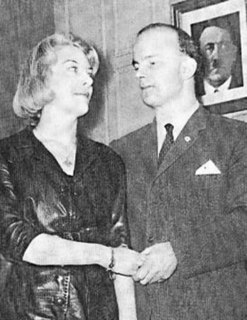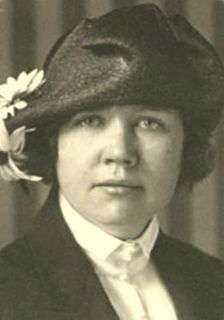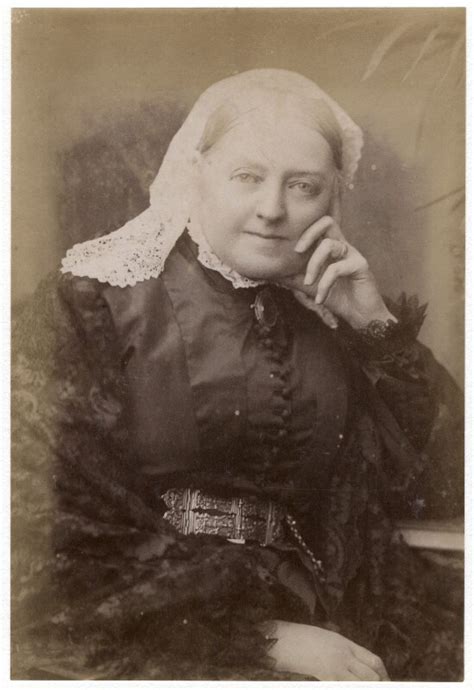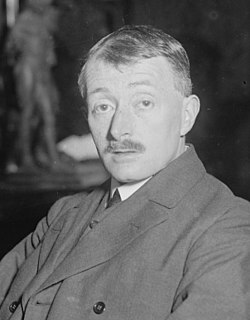A Quote by Marcus Aurelius
Remember that man lives only in the present, in this fleeting instant; all the rest of his life is either past and gone, or not yet revealed.
Related Quotes
Letting go all else, cling to the following few truths. Remember that man lives only in the present, in this fleeting instant: all the rest of his life is either past and gone, or not yet revealed. This mortal life is a little thing, lived in a little corner of the earth; and little, too, is the longest fame to come - dependent as it is on a succession of fast-perishing little men who have no knowledge even of their own selves, much less of one long dead and gone.
How did it happen that now he could see everything so clearly. Something had given him leave to live in the present. Not once in his entire life had he come to rest in the quiet center of himself but had forever cast himself from some dark past he could not remember to a future that did not exist. Not once had he been present for his life. So his life had passed like a dream. Is it possible for people to miss their lives the way one can miss a plane?
Charity is an ugly trick. It is a virtue grown by the rich on the graves of the poor. Unless it is accompanied by sincere revolt against the present social system, it is a cheap moral swagger. In former times it was used as fire insurance by the rich, but now that the fear of Hell has gone along with the rest of revealed religion, it is used either to gild mean lives with nobility or as a political instrument.
Remember that even if you were to live for three thousand years, or thirty thousand, you could not lose any other life than the one you have, and there will be no other life after it. So the longest and the shortest lives are the same. The present moment is shared by all living creatures, but the time that is past is gone forever. No one can lose the past or the future, for if they don't belong to you, how can they be taken from you?
Life, as a part, is interwoven with the life of the whole, not only present, but past and future, for while men come and go the folk lives on, continuous, eternal, providing its members perform their duty to it. Thus, in identifying himself with his folk man prolongs himself through the multiplicity of his ancestors and his descendants, and thereby attains immortality.
History in Burckhardt's words is 'the record of what one age finds worthy of note in another.' The past is intelligible to us only in light of the present; and we can fully understand the present only in light of the past. To enable man to understand the society of the past and to increase his mastery over the society of the present is the dual function of history.
Laziness acknowledges the relation of the present to the past but ignores its relation to the future; impatience acknowledge its relation to the future but ignores its relation to the past; neither the lazy nor the impatient man, that is, accepts the present instant in its full reality and so cannot love his neighbour completely.
Originally the structure was . . . a modern narrator who would appear intermittently and talk about his memories of his grandmother, which would then be juxtaposed against scenes from the past. But the stories from the past were always more interesting that the things in the present. I find this almost endemic to modern plays that veer between past and present. . . . So as we've gone on developing GOLDEN CHILD, the scenes from the past have become more dominant, and all that remains of the present are these two little bookends that frame the action.
At the solemn moment of death, every man, even when death is sudden, sees the whole of his past life marshalled before him, in its minutest details. For one short instant the personal becomes one with the individual and all-knowing ego. But this instant is enough to show to him the whole chain of causes which have been at work during his life.
Man cannot call the brimming instant back;
Time's an affair of instants spun to days;
If man must make an instant gold, or black,
Let him, he may; but Time must go his ways.
Life may be duller for an instant's blaze.
Life's an affair of instants spun to years,
Instants are only cause of all these tears.







































